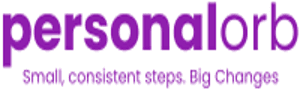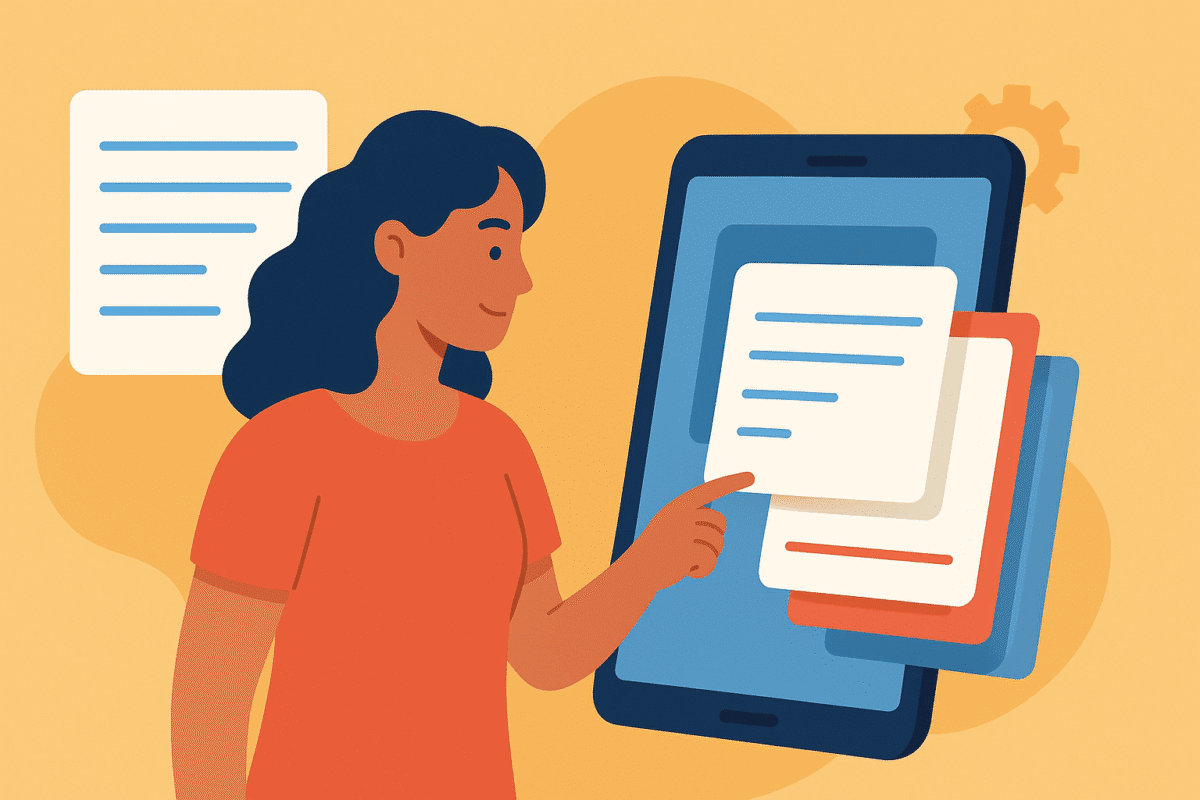Master digital flashcards to memorize faster and retain more. Discover science-backed techniques and the best tools to transform your learning today.
Introduction
You’ve got an exam coming up. Meanwhile, your notes pile higher each day. You reread the same pages repeatedly, yet nothing seems to stick. By the time you finish, you’ve already forgotten what you started with.
If this sounds familiar, you’re not alone. In fact, traditional study methods often fail because they work against how your brain naturally learns. However, digital flashcards offer a powerful alternative.
Using digital flashcards isn’t just about memorizing facts. Rather, it’s about training your brain to retrieve information efficiently. Moreover, when combined with proven techniques like spaced repetition and active recall, digital flashcards can transform how you learn.
In this article, we’ll explore why digital flashcards work, how to use them effectively, and which tools can help you memorize information quickly—without the overwhelm.
If you’ve ever felt this way, keep reading — you’re not alone.
How Digital Flashcards Actually Work
First of all, let’s understand what makes digital flashcards so effective compared to traditional study methods.
Digital flashcards leverage two powerful cognitive principles: active recall and spaced repetition. Active recall means retrieving information from memory rather than passively rereading it. When you flip a flashcard and force yourself to remember the answer, you strengthen the neural pathways associated with that information.
On the other hand, spaced repetition schedules reviews at increasing intervals. For instance, you might review a new card after one day, then three days, then a week. This pattern aligns with how your brain naturally consolidates memories.
According to research from the National Center for Biotechnology Information, spaced repetition can improve long-term retention by up to 200% compared to massed practice (cramming).
Additionally, digital flashcards offer advantages that paper cards can’t match. They track your performance automatically, adjust difficulty based on your progress, and sync across all your devices. Therefore, you can study anywhere, anytime.
Pause for a second — can you relate to this feeling?
Why Digital Flashcards Matter for Learning
Understanding how something works is one thing. However, knowing why it matters makes all the difference.
Traditional studying—rereading notes, highlighting text, watching videos—creates the illusion of learning. In fact, these methods feel productive because they’re easy. Nevertheless, they don’t challenge your brain to retrieve information independently.
Digital flashcards, on the other hand, create what psychologists call “desirable difficulty.” When you struggle to recall an answer, your brain works harder. As a result, the memory becomes stronger and more durable.
Moreover, digital flashcards help combat the forgetting curve. German psychologist Hermann Ebbinghaus discovered that we forget approximately 50% of new information within 24 hours without review. However, strategic review—exactly what spaced repetition provides—dramatically reduces this loss.
Here’s what digital flashcards offer:
- First, efficiency. Consequently, you study only what you need to review, not what you already know.
- Second, portability. Therefore, you can learn during commutes, lunch breaks, or waiting rooms.
- Third, personalization. In other words, you create cards tailored to your specific learning goals.
- Finally, measurable progress. As a result, you see exactly how much you’re improving.
Furthermore, if you’re building a comprehensive learning routine, digital flashcards integrate perfectly with other free digital resources to create a complete system.
Think about how this could change your daily routine — even in small ways.
How to Use Digital Flashcards Effectively
Now that you understand why digital flashcards work, let’s explore how to use them strategically.
1. Create Effective Cards
First, keep cards simple and focused. Instead of writing “Explain photosynthesis,” write “What are the two main stages of photosynthesis?” Specific questions produce better recall.
Additionally, use images whenever possible. Visual information processes faster and sticks longer than text alone. For example, pair vocabulary words with relevant pictures or diagrams.
2. Study in Short, Frequent Sessions
Rather than studying for two hours straight, break it into 15-20 minute sessions throughout the day. This approach leverages your brain’s natural attention span and prevents mental fatigue.
Moreover, consistency matters more than duration. Reviewing flashcards for 10 minutes daily produces better results than cramming for an hour once a week.
3. Embrace Difficulty
When a card feels hard, that’s a good sign. In fact, struggling to recall information strengthens memory more than easy retrieval. Therefore, don’t avoid difficult cards—review them more frequently until they become easier.
4. Use the Best Apps and Tools
Several excellent apps make using digital flashcards simple and effective:
Anki: The gold standard for spaced repetition. It’s highly customizable and completely free. However, the interface can feel overwhelming at first.
Quizlet: User-friendly with a massive library of pre-made card sets. Additionally, it offers games and collaborative study options. Perfect for students who want ready-made content.
Remnote: Combines flashcards with note-taking. Consequently, you can create cards directly from your study notes, keeping everything organized in one place.
Brainscape: Uses confidence-based repetition, where you rate how well you knew each answer. As a result, the app adjusts review frequency accordingly.
Furthermore, many of these tools pair well with digital wellness apps to maintain balance while studying effectively.
5. Review Strategically, Not Obsessively
Trust the spaced repetition algorithm. When an app tells you to review 30 cards today, do those 30—not 100. Overreviewing wastes time and doesn’t improve retention.
Instead, focus on consistent daily practice rather than marathon study sessions. Even five minutes daily builds momentum and reinforces learning.
Ready to give it a try? Here’s where you can start.
Building Your Digital Flashcard Practice
Starting with digital flashcards doesn’t have to be complicated. In fact, simplicity often works best.
Begin by choosing one subject or topic you want to master. Then, create 10-20 cards covering the most essential information. Start small so you don’t feel overwhelmed.
Next, commit to reviewing your cards daily for just 10 minutes. Set a reminder on your phone. Make it non-negotiable, like brushing your teeth.
As you build the habit, gradually add more cards. However, always prioritize consistency over quantity. It’s better to review 10 cards daily than to create 100 cards and never use them.
Additionally, track your progress. Most apps show statistics like cards mastered, daily streaks, and review accuracy. These metrics provide motivation and help you adjust your approach.
Finally, be patient with yourself. According to Psychology Today, building lasting memories takes time and repetition. Trust the process.
Reflection Questions for Your Learning Journey
Take a moment to check in with yourself. Consider these questions:
- First, what subject or skill would benefit most from digital flashcards right now?
- Second, when during my day could I consistently spend 10-15 minutes reviewing?
- Third, what’s been my biggest challenge with traditional study methods?
- Additionally, how would it feel to retain information effortlessly after reviewing it?
- Finally, which app or tool feels most aligned with my learning style?
Write down your answers. In fact, the simple act of reflection strengthens your commitment to change.
Take a deep breath and reflect — what comes up for you right now?
Final Thoughts on Mastering Digital Flashcards
Learning doesn’t have to feel like a battle against your own brain. Instead, digital flashcards work with your natural cognitive processes to make memorization faster, easier, and more effective.
Remember: the goal isn’t perfection. Rather, it’s progress. Even reviewing a handful of cards daily creates compounding benefits over weeks and months.
You don’t need hours of free time or superhuman focus. In fact, you just need consistency, the right tools, and trust in the science-backed methods that make digital flashcards so powerful.
Start small. Choose one topic. Create a few cards. Review them daily. Before you know it, information that once felt impossible to remember will become second nature.
Your brain is more capable than you realize. Therefore, give it the tools it needs—and watch what becomes possible.
Your journey starts with one mindful decision — why not begin today?

